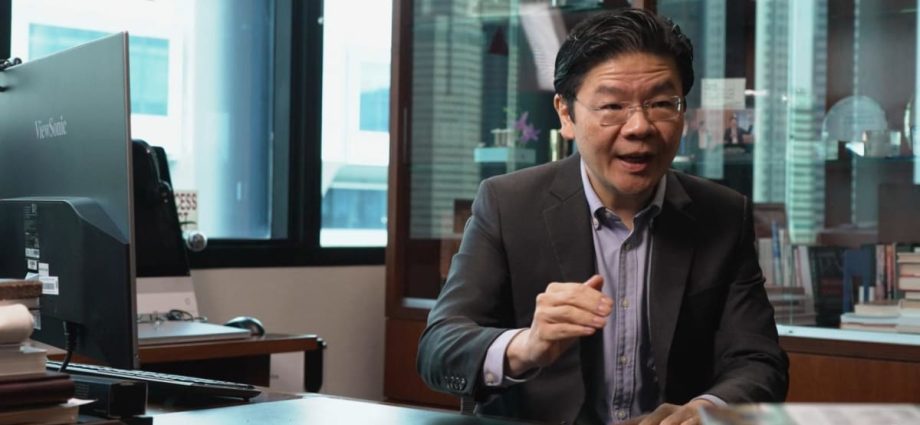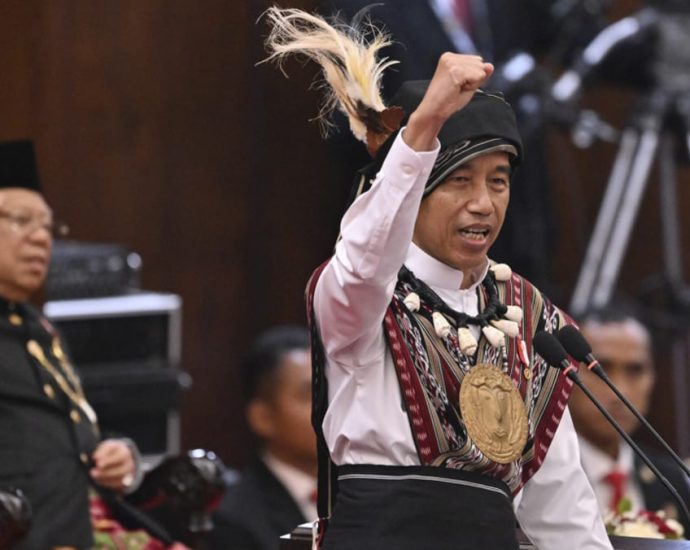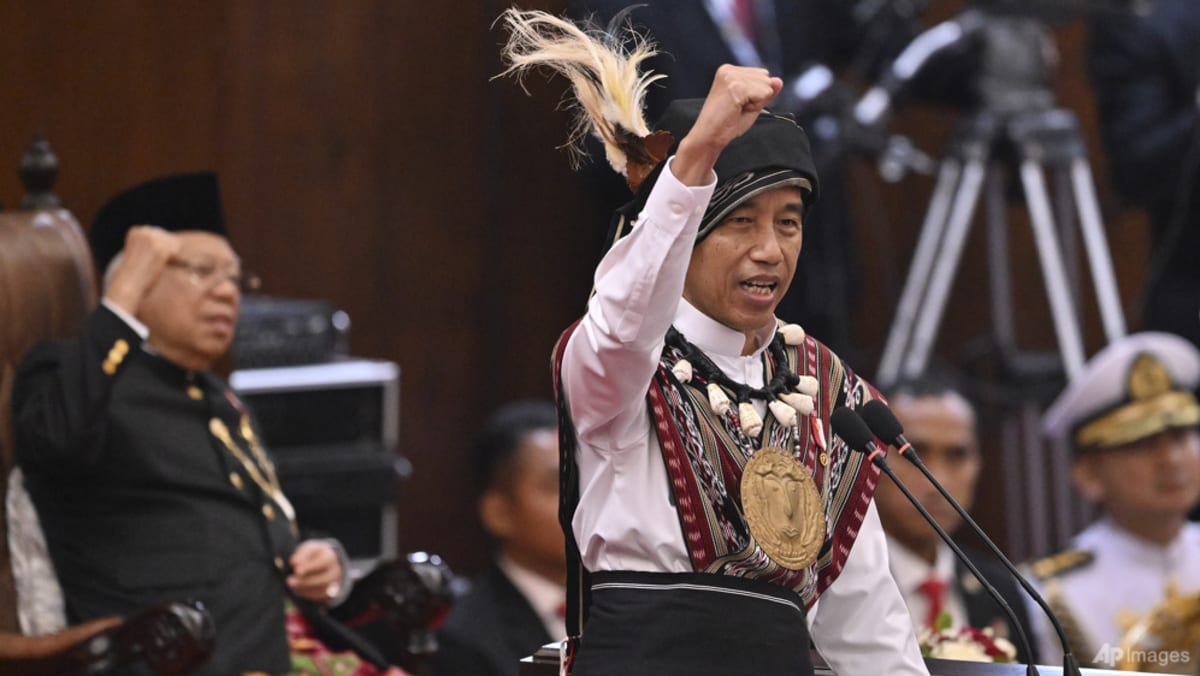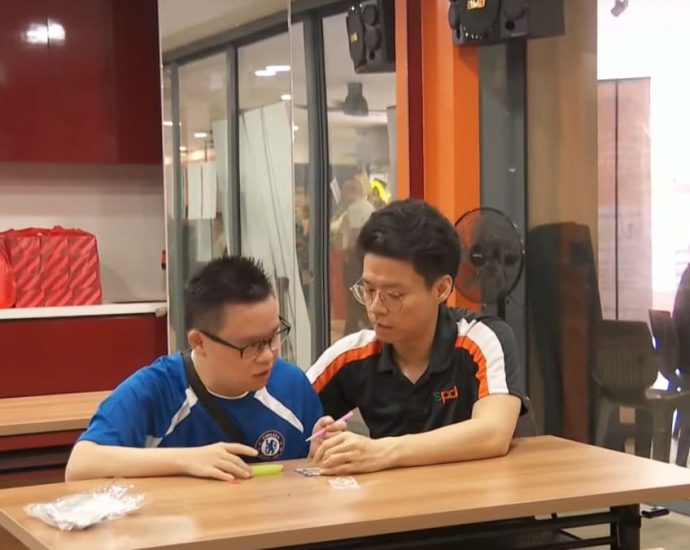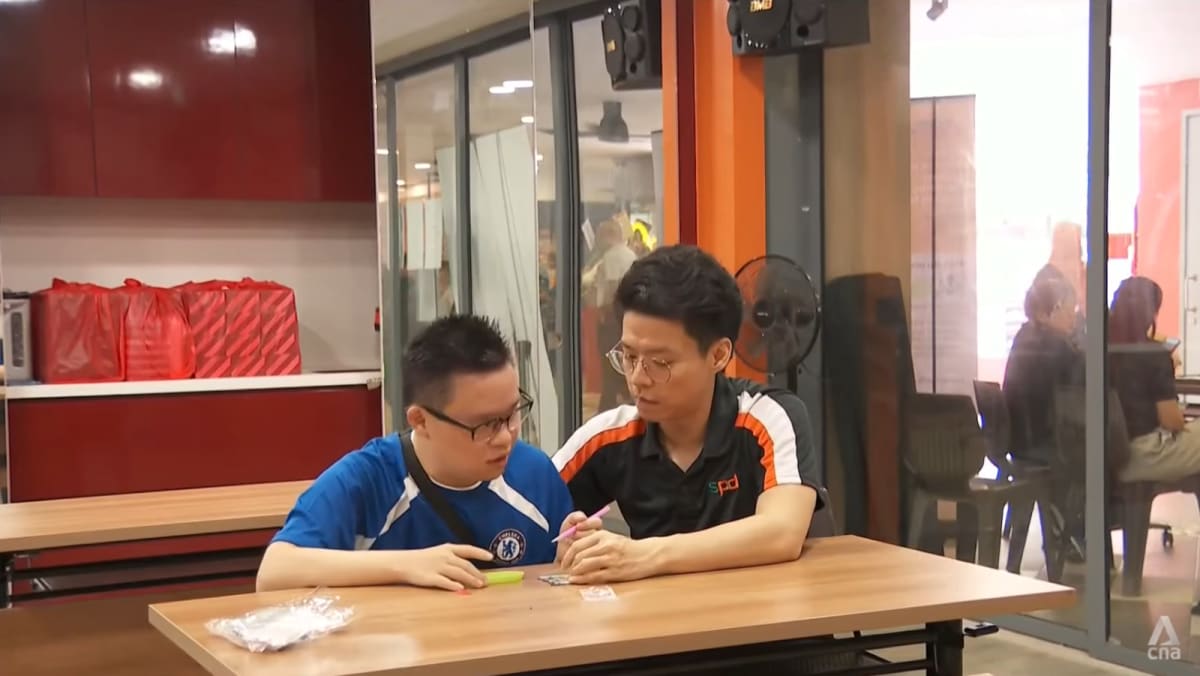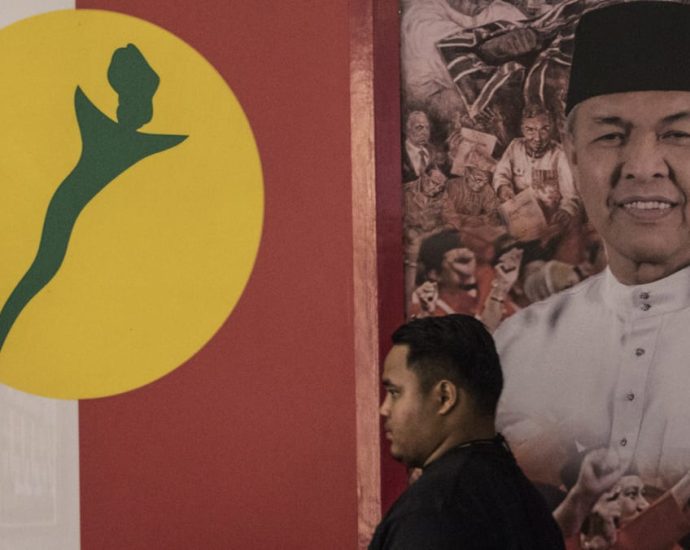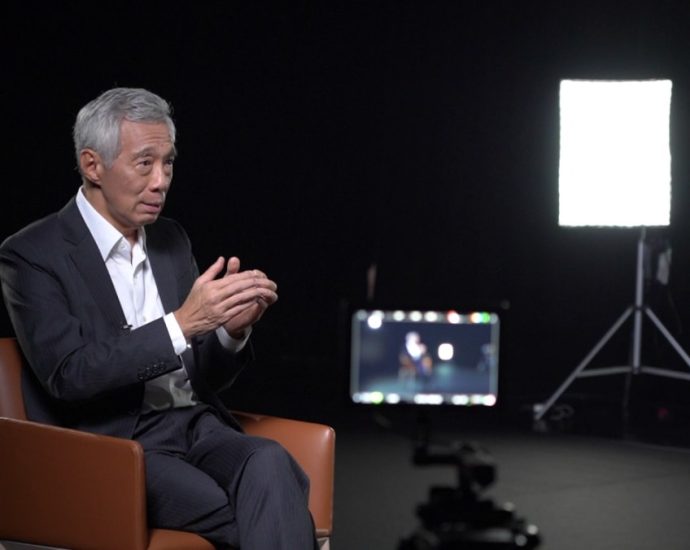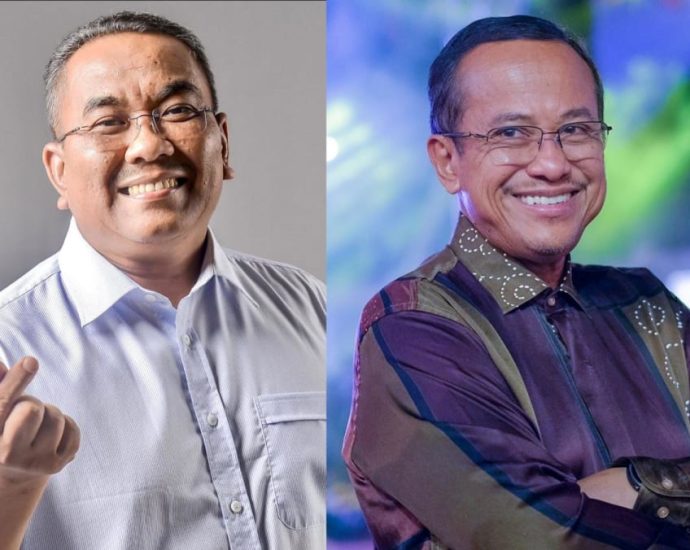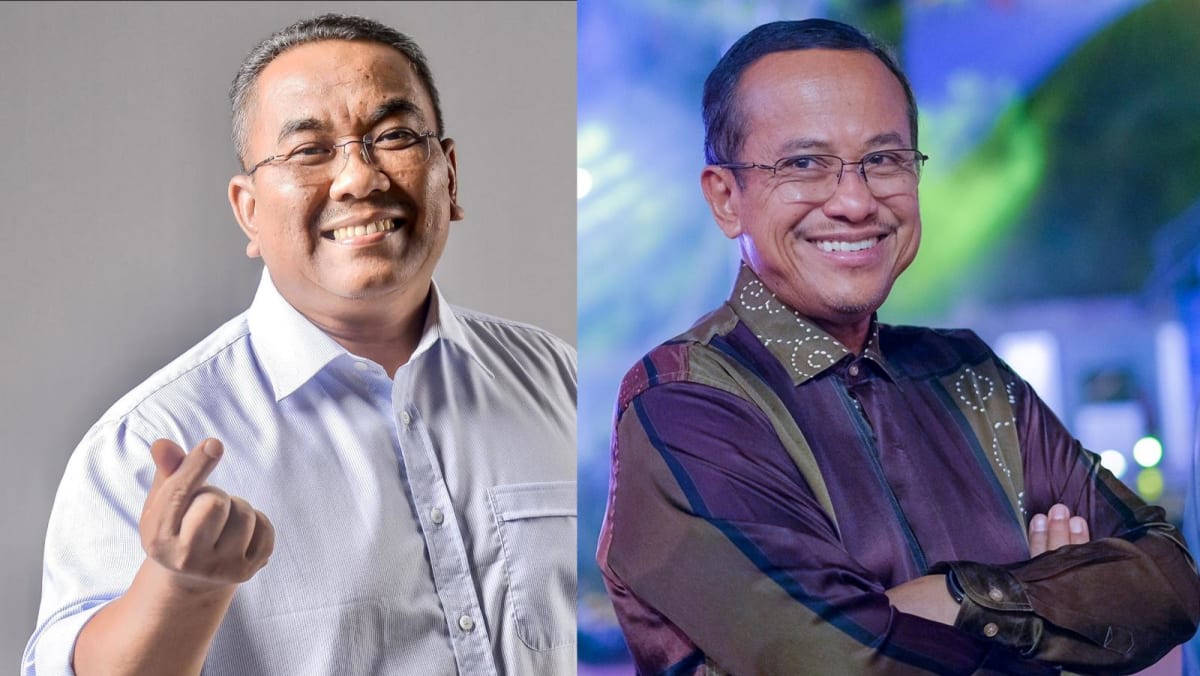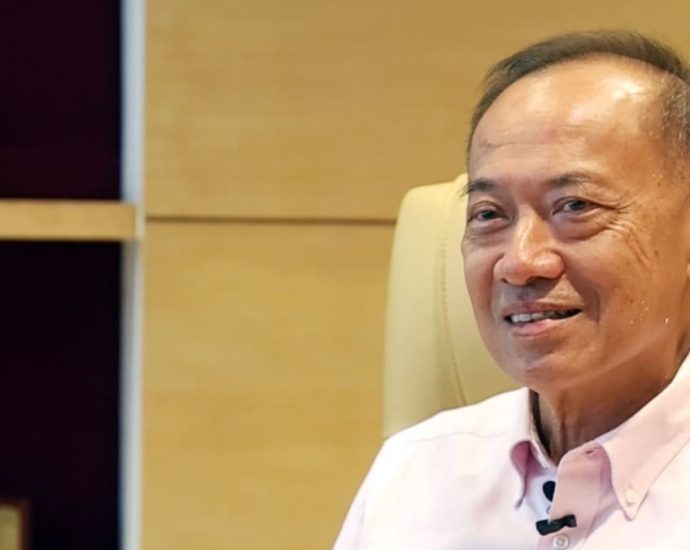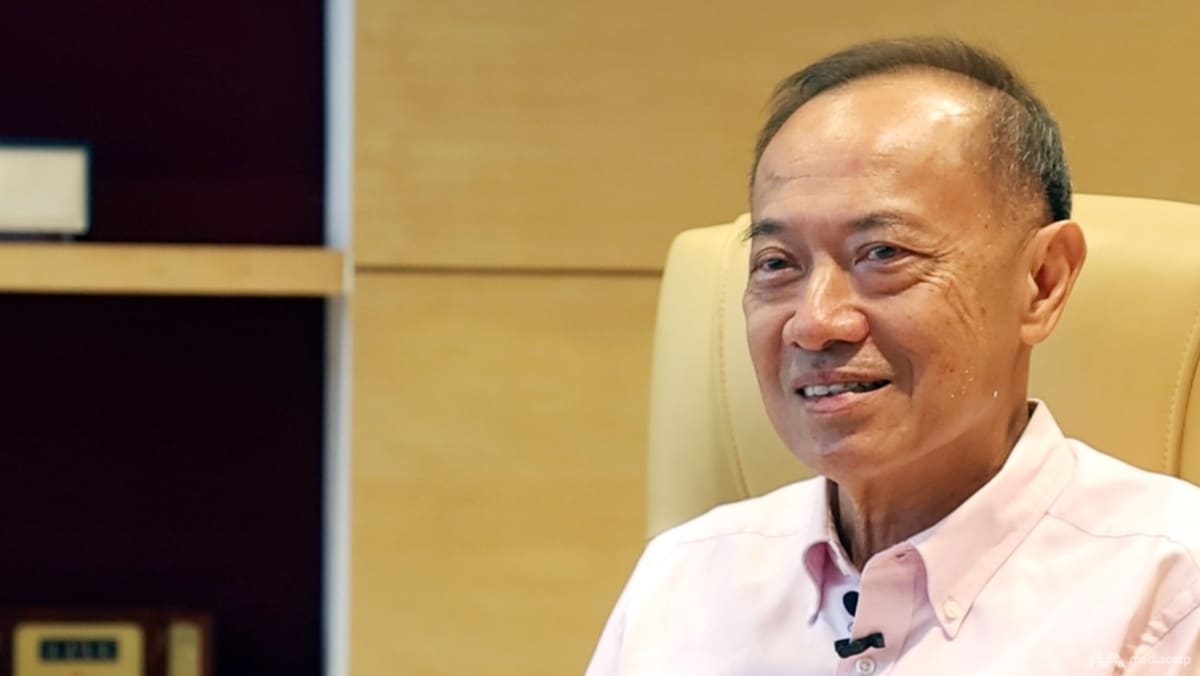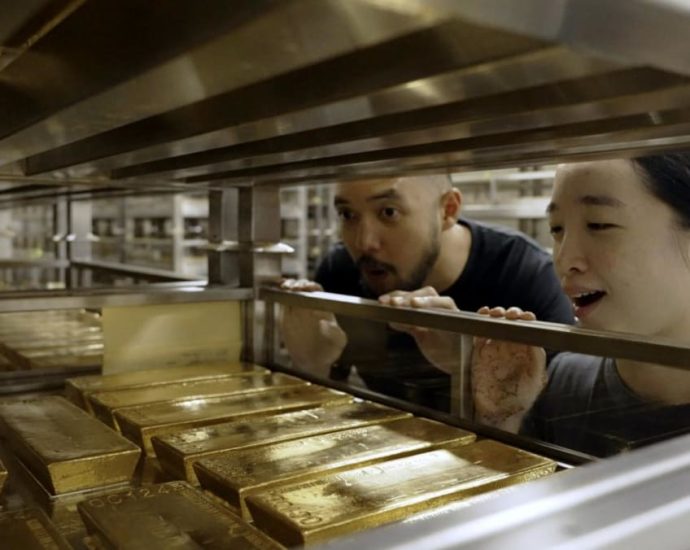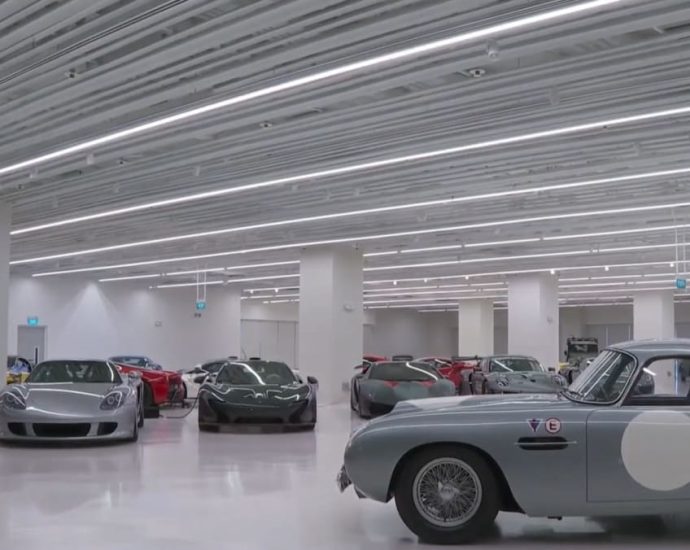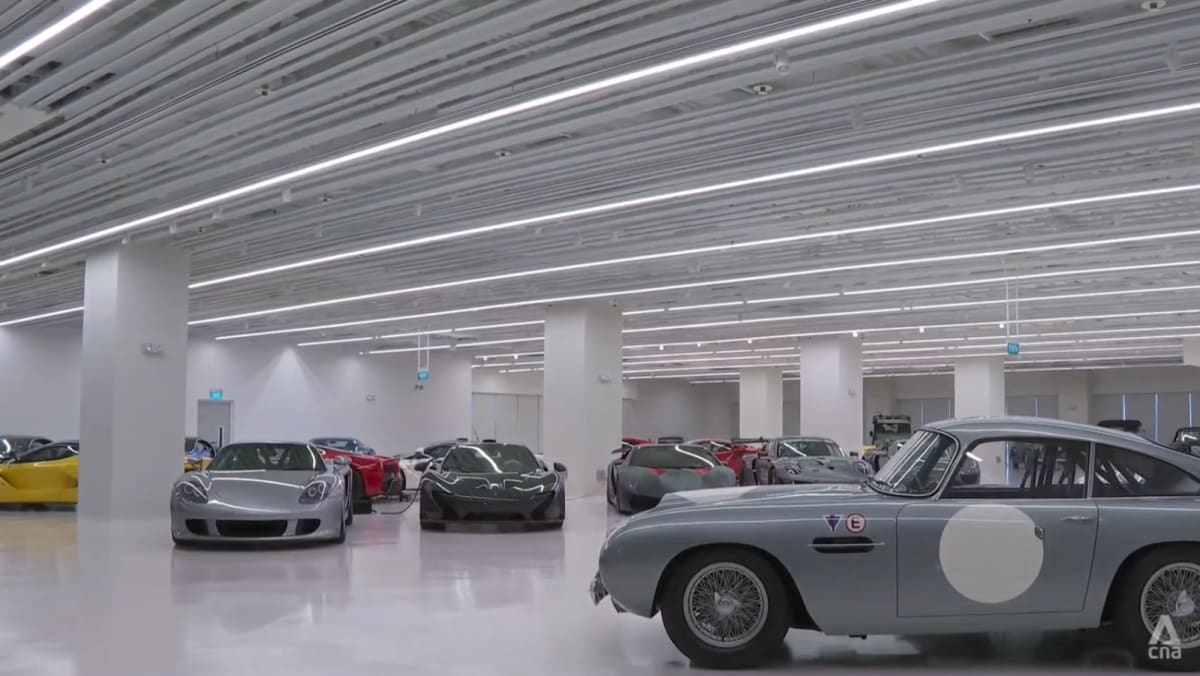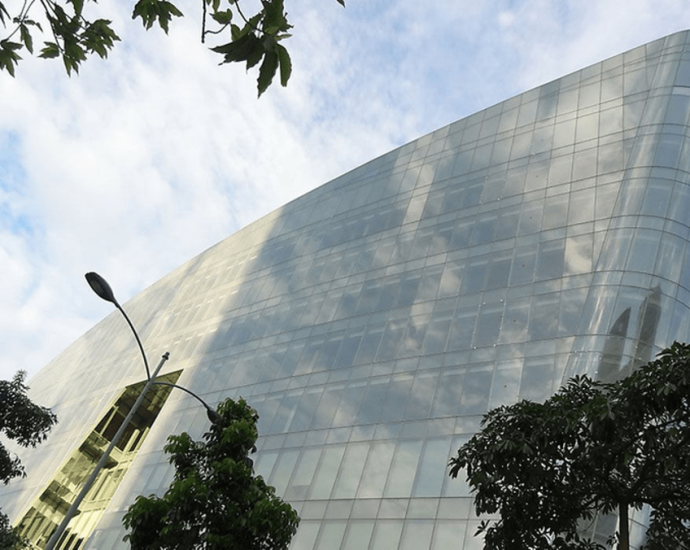Singapore not ‘oversaving’ with reserves ‘barely keeping pace’ with its economy: DPM Wong
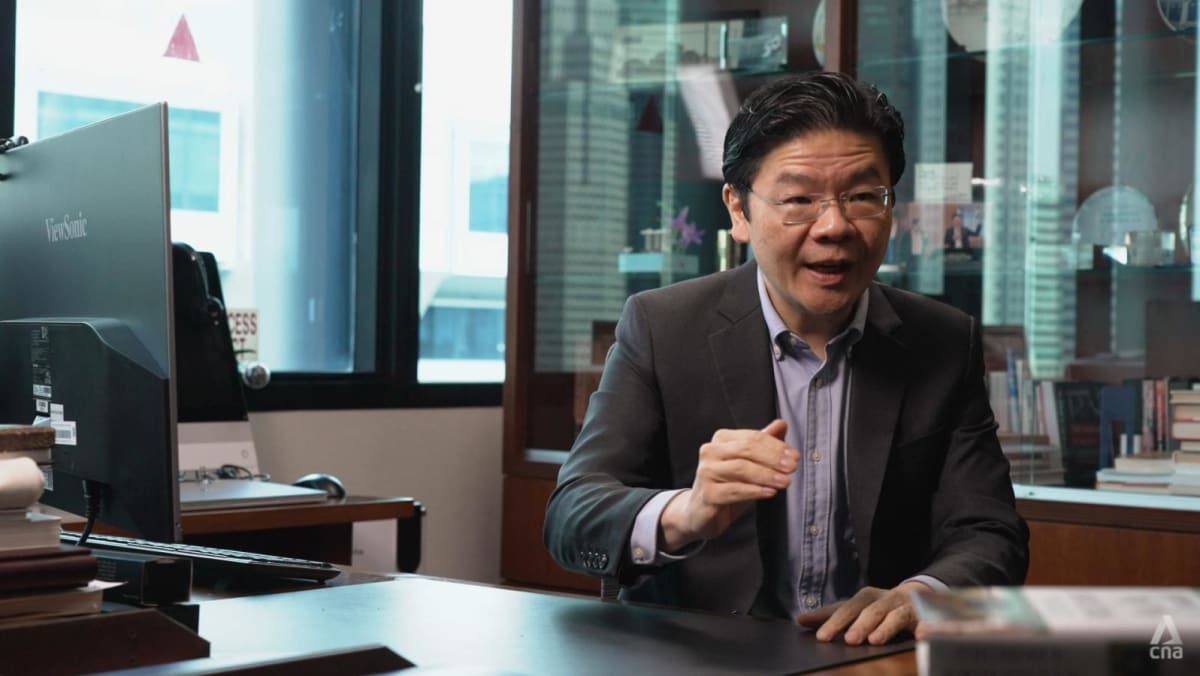
RESERVES BEING USED IN OTHER AREAS
The NIRC supports about one-fifth of the government’s spending, making it the largest single contributor to the Budget.
“Sometimes we think that the reserves are there only for future emergency,” said Mr Wong in his CNA interviews. “But in fact, the reserves are also an endowment providing for today’s needs and all of us are benefiting from it right now.”
Mr Wong, who is also Finance Minister, said Singapore runs a “structural deficit” of about 3 per cent of gross domestic product in its primary fiscal balance.
This gap is currently covered by the NIRC. Without that, Singapore “would have to cut back on almost 3 per cent of GDP of spending”, he added.
“That’s a lot. It will mean less public housing for Singaporeans. It will mean less infrastructure. Our trains, our buses – we will have to cut back on services,” said Mr Wong.
“This is tightening of the belt to an extent that no one has ever felt before.”
The reserves are also being tapped for a range of other needs, such as special drawdowns in times of crisis.
Singapore first tapped on its reserves in 2009, taking out S$4.9 billion (US$3.6 billion) to support the economy through the global financial crisis. Over a decade later, it drew on the reserves on three separate occasions during the COVID-19 pandemic between 2020 and 2022 – using about S$40 billion in all.
“The only alternative would have been to borrow, which is what most other countries do,” said Mr Wong, who was co-chair of the country’s COVID-19 multi-ministry task force.
“When you borrow, you have great uncertainty. And therefore, I think it would have impacted the swiftness and the decisiveness of our response,” he added.
Citing how Singapore was the first in Asia to secure the Pfizer-BioNTech’s COVID-19 vaccine, Mr Wong said the reserves had played “a critical role” in making that possible.
“I have no doubt that without the reserves, we would have ended up with more lives lost to COVID-19, and certainly we would have ended up with a much higher unemployment.”
The country’s reserves also play a key role in funding major infrastructure and land reclamation projects, such as the Changi Airport Terminal 5.
Noting that land reclamation projects are “costly” with benefits only apparent over the long run, Mr Wong said: “Without the use of past reserves for land reclamation, we would likely end up borrowing or using our own current resources. That would certainly be a bit of a constraint.”
However, he stressed that one “should not get the mistaken idea that this is a draw on reserves”.
“Because when we use past reserves to create new land, the land is also protected as past reserves. And when we create the land and eventually sell the land for development, those land proceeds go back to the reserves again,” Mr Wong said.
“So from that point of view, it’s really just a conversion of assets from finance to land, and then back to finance.”
Watch PM Lee’s interviews on the reserves from Aug 16 on CNA’s YouTube channel and the Web-exclusive episodes of Singapore Reserves Revealed from Aug 17. The two-part TV documentary Singapore Reserves: The Untold Story will be broadcast on Aug 16 and 17, 9pm SG on CNA. The documentary will also be available on the CNA Insider YouTube channel.

